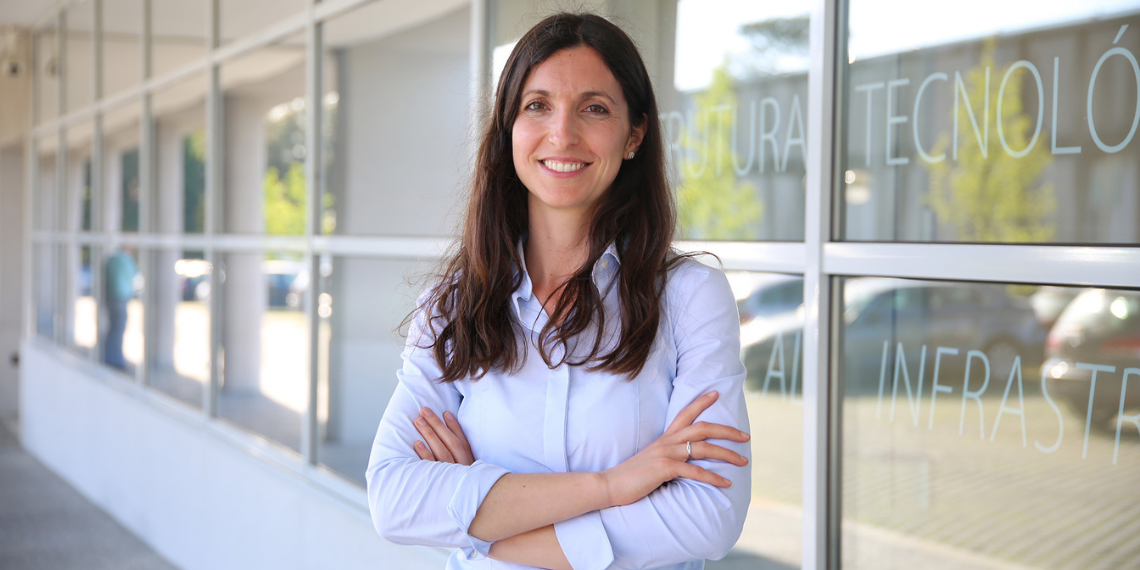This year, the Foundation for Science and Technology’s International Partnerships with U.S. Universities are celebrating 15 years of a journey that has bridged researchers and entrepreneurs in Portugal with their counterparts on the other side of the Atlantic. A risky trip that came to succeed.
Invited on board from the very beginning, INESC TEC took the helm of some of these Partnerships: first, in 2007, leading, on the Portuguese side, the University-Technology Enterprise-Network (UTEN), the entrepreneurship and technology commercialisation arm of FCT’s partnership with the University of Texas at Austin (UT Austin). Then, in 2012, INESC TEC set sail with Carnegie Mellon University (CMU) and coordinated the participation of Portuguese organisations and individuals in CMU Portugal. Since 2018, INESC TEC has been sharing the helm of the UT Austin Portugal Program with UT Austin’s Cockrell School of Engineering. The two partners have succeeded in mobilising an increasingly wider transatlantic community to navigate some of the most pressing challenges where international scientific cooperation is most needed.
This quick recollection of our participation in the International Partnership with U.S. Universities offers, nevertheless, an occasion to reflect on INESC TEC’s ability to bring people together from diverse backgrounds and across borders through scientific excellence, science management proficiency and, not least important, intercultural awareness and understanding. This ability has benefitted INESC TEC’s direct stakeholders and Portugal itself over the years and leveraged additional funds to science, technology and innovation.
In today’s world, where many problems communities and organisations face at the local level call for globally orchestrated responses (think of climate change, for instance: it is completely oblivious of territorial borders), science for diplomacy has gained prominence as never before.
For a host of reasons, some may argue that science diplomacy serves, first and foremost, expansionist and selfish ideals rather than genuinely altruistic purposes. At the same time, it would be naïve to think that science diplomacy can be sustainable if detached from (national) self-interests. However, if we think of “science as a process for pursuing answers” and “diplomacy” as a “process for dialogue and cooperation between countries and citizens, by integrating the two, we can face challenges and take opportunities to advance humanity”. [1]
In other words, if both sides of the partnership find common ground – with common ground including the pursuit of social and economic progress through science-based knowledge – then science for diplomacy becomes a useful tool for the good of nations. And scientists will surely have a lot to gain from a peaceful and more collaborative environment between countries and regions.
Throughout its 3-decade long journey, INESC TEC has been contributing in its own way to help Portugal establish strong and deeper relationships with other countries in the world, with science being regarded as one possible pathway for mutual prosperity.
INESC TEC’s contribution should not come as a surprise, though – after all, it’s in the institution’s mission to create science-based knowledge with societal impact. Nevertheless, we should be proud that our mission is not just a combination of nice-to-hear words. It carries the spirit that has made our institution open to the world and many of our researchers and leaders true science diplomats and diplomats for science (even if they have never thought of themselves that way).
(this text has been originally written in English by the author)
[1] Source: https://www.aaas.org/programs/center-science-diplomacy/introduction
Andreia Passos, Service Manager



 News, current topics, curiosities and so much more about INESC TEC and its community!
News, current topics, curiosities and so much more about INESC TEC and its community!